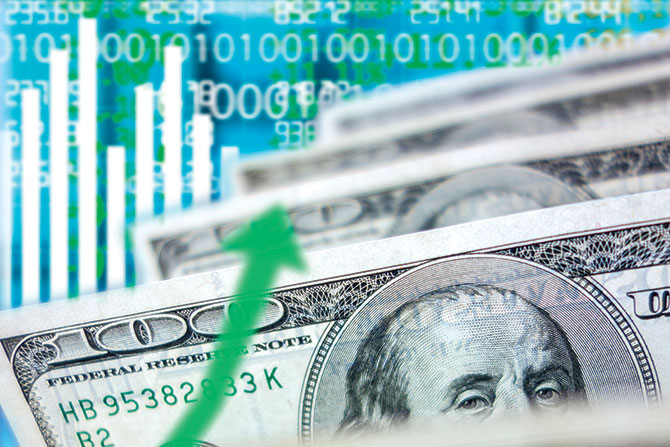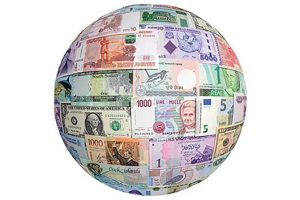By Howard Headlee, President and CEO, Utah Bankers Association
Over the last few years, we’ve all heard various theories, some more elaborate than others, about certain events and actions that would contribute to the demise of the world as we know it. They are incubated on both sides of the political spectrum. Most often, they are developed to promote a certain political ideology rather than a serious effort to explain some actual phenomena or event.
The media refers to them as “conspiracy theories,” Depending upon one’s entertainment/news channel’s philosophical alignment, some theories are promoted as truth, and others are criticized and “debunked” out of hand.
But as we watch different factions, for whatever motive, construct elaborate theories to predict the demise of our democracy, our economy, and our way of life, it’s amazing to me that the real threats to the things we treasure are far simpler and staring us right in the face.
For example, the last financial crisis included several very complex factors and outcomes that continue to drive widespread speculation and diversity of narratives that have led to massive amounts of legislation and regulation. But the fundamentals of the crisis were basic and could have been avoided by focusing on the financial principle of living within our means. If someone lends you more money than you should borrow, regardless of why or how they are lending it to you, you shouldn’t borrow it. Any good banker will tell you that.
The same principle holds for individuals, businesses and governments alike. It is the violation of basic principles, not elaborate theories relating to global conspiracies and cover-ups that yield the greatest threats to our democracy, economy and way of life. Today, that threat is inflation.
Inflation is the most devastating influence in a free market economy. It is the worst, most regressive tax, and it hurts everyone indiscriminately. Any public official who claims to care about the poor should do everything in their power to prevent it.
If someone lends you more money than you should borrow, regardless of why or how they are lending it to you, you shouldn’t borrow it. Any good banker will tell you that.
Inflation minimizes and diminishes whatever you have achieved. It makes your best-laid plans harder to realize. It takes your dreams and moves them further from your reach. There is a reason it is a foundational focus of the Federal Reserve. Inflation is devastating and should be our main focus right now.
This is not to say that there aren’t threats from Russia or China or Iran or even corruption within our own government. I firmly believe that all these pose threats that must be dealt with. But when it comes to the threat that will have the greatest negative impact on the most people in America for the longest time, I believe that threat, right now, is inflation.
No reasonable person can deny the COVID-19 pandemic a significant risk to many Americans and massive economic disruption. You would also be hard-pressed to refute that aspects of the reaction to the pandemic were politicized. This isn’t a surprise, given the pandemic that erupted during a presidential election year. But now that the election is over, everyone must take a critical look at the risks in front of us and retire any of the less useful election-year narratives adopted over the past year.
Certainly, the pandemic still presents risks to our health and our economy, and it would be foolish to lose focus now. Thanks to a historic vaccine response, the light at the end of the pandemic tunnel is rapidly approaching.
But the next crisis could already be at our doorstep, and much like the early days of COVID-19, small actions will have an enormous impact on the depth and breadth of its impact. Just like the virus, the more inflation spreads, the harder it will be to contain.
While some prefer to construct elaborate theories to explain the threats facing America, as has been the case since the Revolutionary War, our greatest threats usually come from within and are seeded in our simplest flaws. If we hope to avoid the indiscriminate pain of inflation, we must be willing to confront those flaws and set a course toward living within our means.








